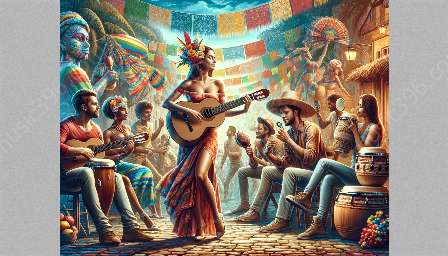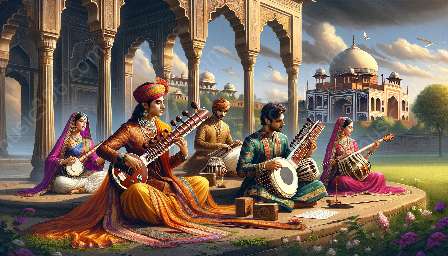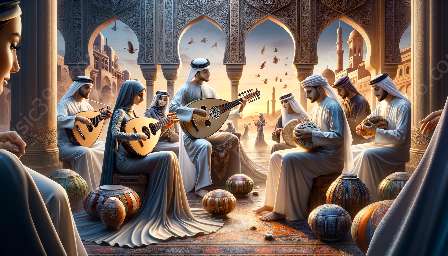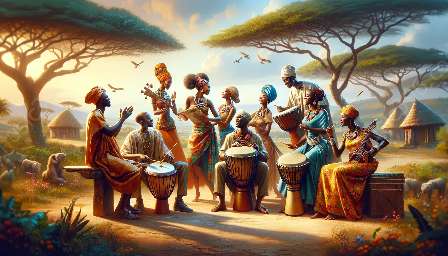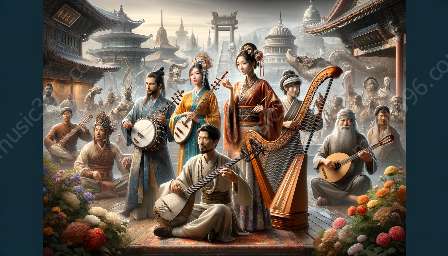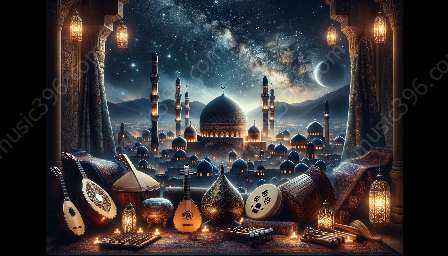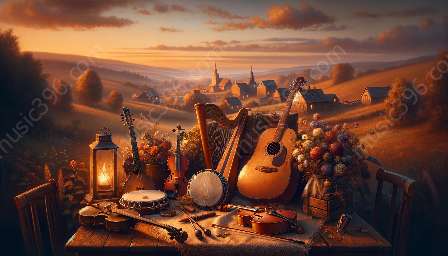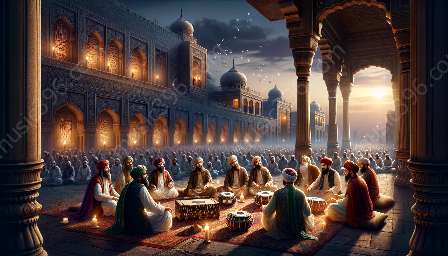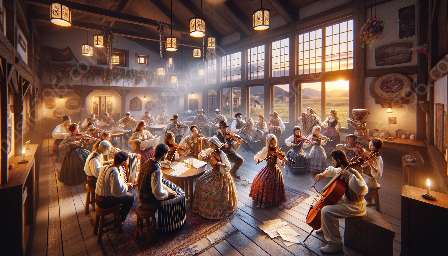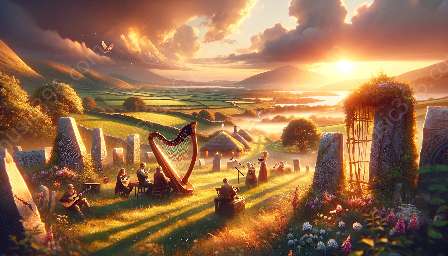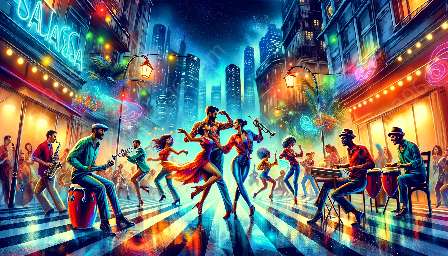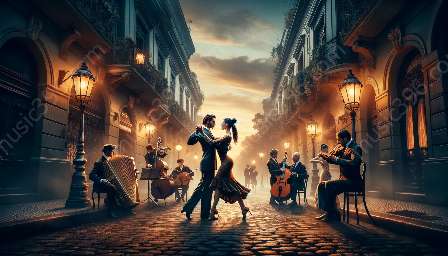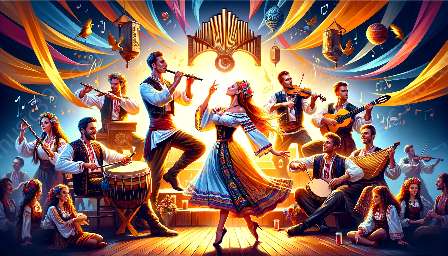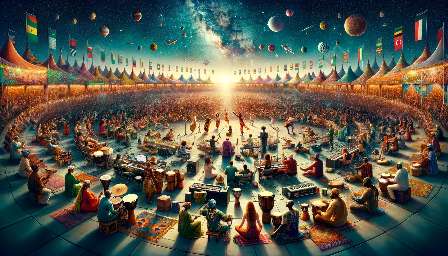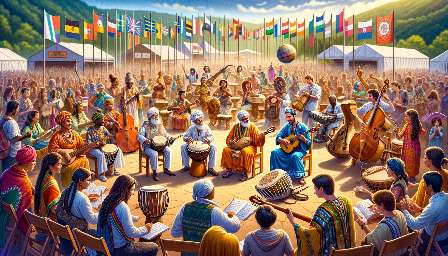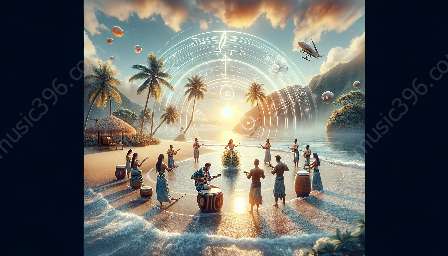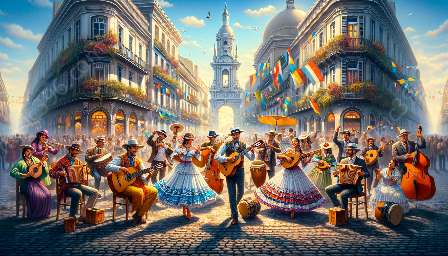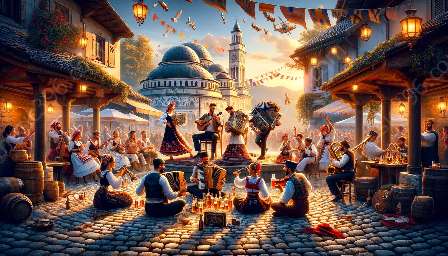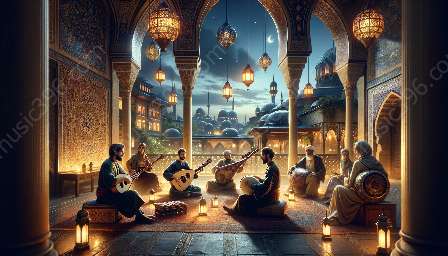European music and literature have shared a rich and intertwined history, each influencing and inspiring the other. This article explores the diverse connections and cross-pollination of artistic expression across the continent and beyond, delving into the profound impact of European culture on world music.
Exploring the Roots of European Music and Literature
The roots of European music and literature are deeply entwined, dating back to ancient civilizations such as the Greeks and the Romans. The epic poems of Homer, such as the Iliad and the Odyssey, were recited with musical accompaniment, exemplifying the early fusion of oral storytelling and musical expression in Europe.
As the centuries unfolded, literature and music continued to evolve alongside each other, with prominent figures like William Shakespeare and Johann Sebastian Bach contributing to the cultural tapestry of European artistic expression. The Renaissance and Baroque periods saw a flourishing of both literary and musical masterpieces, further cementing the interconnected nature of these art forms.
The Influence of Literature on European Music
Literary works have often served as sources of inspiration for composers and musicians across Europe. The Romantic era, in particular, saw a surge in musical compositions inspired by literary themes and narratives. The works of writers like Goethe, Lord Byron, and Edgar Allan Poe ignited the imaginations of composers such as Franz Liszt, Hector Berlioz, and Pyotr Ilyich Tchaikovsky, resulting in musical interpretations of literary classics.
Operas, in particular, have frequently drawn upon literary sources, bringing beloved stories and characters to life through music. The operatic adaptations of Shakespeare's plays, such as Verdi's Macbeth and Gounod's Romeo and Juliet, exemplify the enduring connection between European literature and music.
The Intersection of European Music and World Music
European music has left an indelible mark on the global landscape, with diverse genres and styles resonating across continents. The fusion of European classical music with indigenous musical traditions has given rise to new forms of world music, showcasing the enduring influence of European musical heritage.
Furthermore, the exploration and incorporation of non-Western musical elements by European composers have contributed to the evolution of contemporary world music. Composers such as Béla Bartók and Claude Debussy embarked on ethnomusicological journeys, drawing inspiration from folk music traditions outside Europe and integrating them into their compositions, thereby enriching the tapestry of world music.
Contemporary Expressions of European Music and Literature
Contemporary European music continues to interact with literature, as composers and songwriters draw inspiration from modern literary works and themes. From concept albums based on novels to interdisciplinary collaborations between musicians and writers, the connections between European music and literature remain vibrant and dynamic in the present day.
Exploring the intricate connections and cross-cultural pollination of European music and literature offers a profound insight into the enduring impact of European artistic expression on a global scale, exemplifying the universal power of storytelling and melody to transcend boundaries and inspire creativity.

